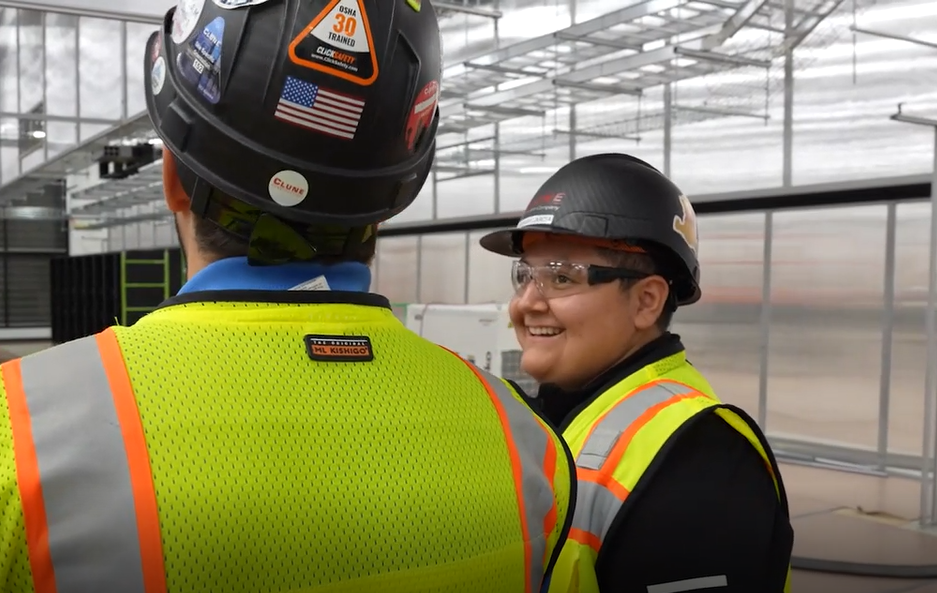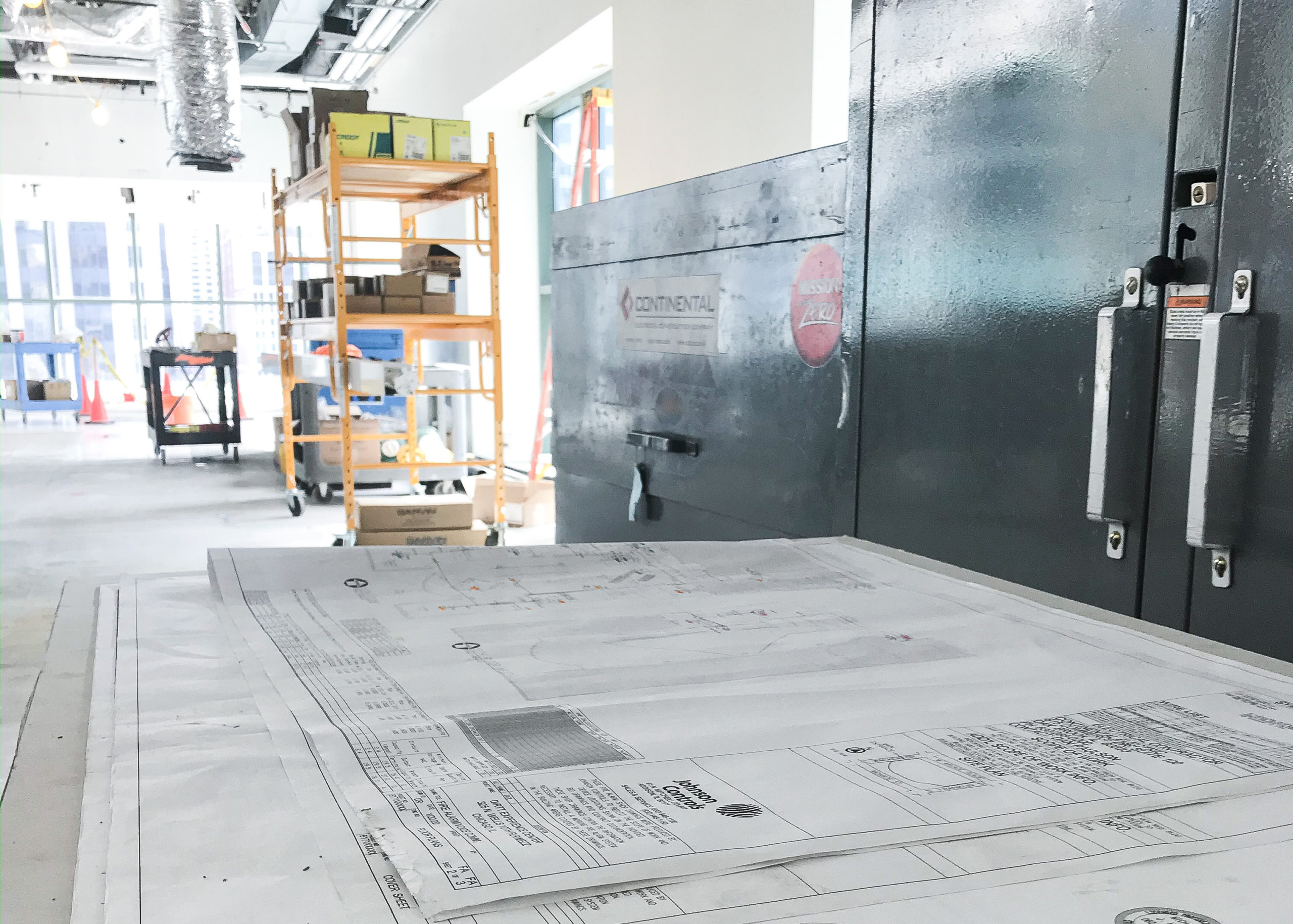


27 January 2021


By: Sean O’Neill, Vice President, Senior Project Superintendent
As the General Contractor working on a project, two of the main elements that are crucial to delivering a successful outcome: cost and schedule. These two components need to remain at a constant balance. A disruption to either the cost or schedule of the project can cause a negative effect to the other. For example, missing a key milestone on a project will increase cost as you will need to spend additional money on supervision and direct labor cost to meet deadlines. Therefore, keeping a construction schedule on track, meeting milestones, and preventing potential conflicts is essential for staying under budget.
With over 15 years in the industry, I have aimed to pass along my model, PECOC – Planning Efficient, Coordinated, & Organized Construction, for schedule development and field management that aims to prevent any potential conflicts and inefficiencies that may occur. Outlined below is the method I follow, with hopes that it will help others deliver successful projects.
Planning
The most important part of any job happens prior to being onsite. Proper planning from start to finish is the key to success. In order for a project to be effective, a milestone schedule needs to be developed with the complete construction process to make sure the project can be completed in the proposed timeline.
Efficiency
Once a job begins, managing timing, forecasting, and monitoring the process of the trades in relation to upcoming milestones is imperative. A look-ahead schedule allows specific activities of subcontractors to be timed out onsite. Subcontractors are the most productive and will man a job appropriately with a productive workflow and jobsite. If there is not enough work lined up, the workflow may not be as efficient and you will not get the manpower needed to drive the job, and when milestones start to overlap, they can create inefficiencies. For example, if you start to put your carpet down at the same time as furniture the schedule will be delayed because both activities cannot occur at the same time. Efficiency on a project helps increase profitability and foster positive relationships with clients and subcontractors.
Coordination
It is also vital to properly coordinate work that is being completed. Aiming to expedite activity durations to complete earlier than the given milestone will ensure a successful handover and punchlist completion. The more time that can be allowed for quality control and punchlist will improve the outcome of your project. There are times when long lead items and other factors impact the timeline of a project. Being able to adapt and adjust trade schedules is a key skill every team member should have. To coordinate effectively, constant communication with all team members is required. Subcontractor meetings should be held each week to identify potential issues and provide conflict resolution to uphold efficiently. Holding scope review meetings with the project management team creates synergy between each team member, keeping everyone aligned with the project approach and scope.
Organized Construction
Keeping an organized construction site is critical not only to the flow of the schedule but more importantly a project’s overall safety. Trade organization and overall jobsite organization are essential. With trade organization, a delivery schedule tracking the timing material arrives is important to avoid having excess material and equipment on site. An unorganized jobsite is more susceptible to safety hazards. To avoid this, mark out a specific staging area and have a clear workflow that includes monitoring materials from arrival to installation. Finally, when dealing with the client’s subcontractors, be sure to communicate with them to track their arrival of materials and job schedule. With everyone working together to have an organized, cohesive site, a project should run smoothly and safely for everyone in the field.
About the Author
Sean O’Neill is a Vice President, Senior Superintendent, and Team Leader at Clune Construction in the New York office. He graduated from Waterford Institute of Technology with a BSc in Construction Economics and a BSc (H) in Quantity Surveying. Sean has been with Clune over seven years and has been instrumental in helping grow the New York office since its opening in 2012. Sean specializes in the company’s initiatives for growth and sustainability throughout all offices nationally. He runs some of the more complex projects with expedited schedules and also heads up the training for the NY office. Sean grew up in the Irish countryside and currently lives on Roosevelt Island with his wife and new born baby. Sean is an active part of the Clune soccer team where they have won two league championships to date.